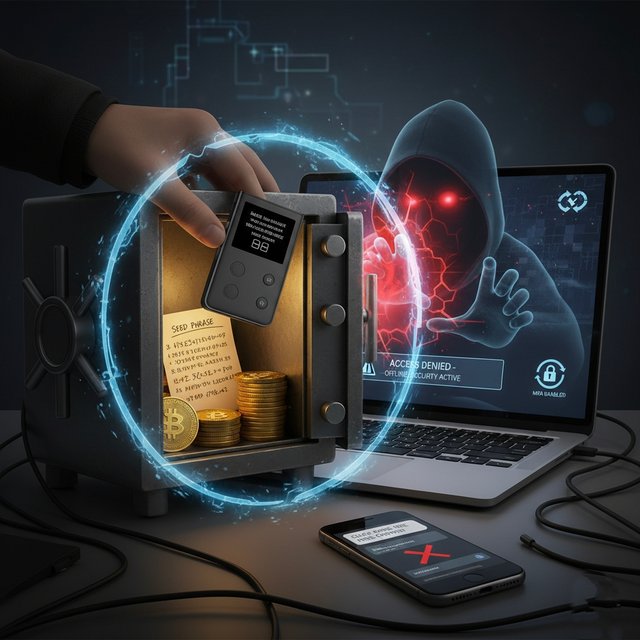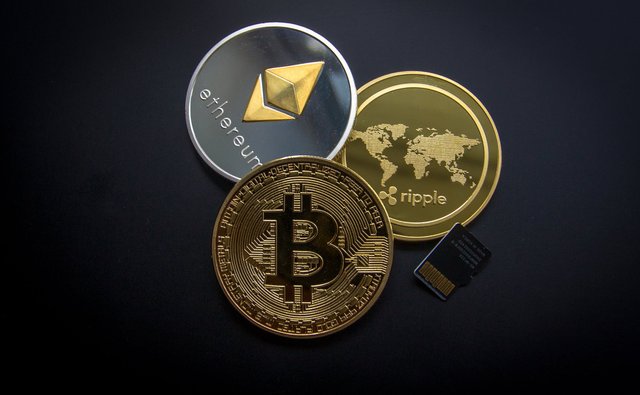Digital asset preservation
Assalamu Alaikum
Crypto wallets are an essential tool for storing cryptocurrencies and other digital assets such as NFTs. A crypto wallet doesn’t actually store money in the traditional sense. Rather, it proves ownership of your digital assets and helps complete transactions on the blockchain. These wallets essentially store the private key to your digital assets, which you can use to access and control your assets.
Crypto wallets essentially work using two keys : a public key and a private key.
Public Key : This acts like your wallet address. Much like a bank account number. You can share it with others so they can send you crypto.
Private Key : This is like a highly confidential password. It proves actual ownership of your digital assets and is used to sign transactions. If your private key falls into the hands of others, all your assets will be under the control of the hacker. Therefore, the main function of a crypto wallet is to store this private key safely.
There are basically two types of crypto wallets: hot wallets and cold wallets. The main difference between them is the connection to the internet.
Hot Wallet : Hot wallets are those wallets that are connected to the internet. They are usually used as mobile applications, desktop programs or browser extensions.
Advantages : It is easy to use and transactions are completed quickly. It is convenient for regular transactions.
Security : Since it is connected to the internet, it is vulnerable to hacking. It is not as secure for storing large amounts of money. Examples: MetaMask, Trust Wallet.
Cold Wallet : Cold wallets are wallets that are not connected to the internet. They are usually created using hardware devices or paper.
Advantages : It is highly secure. Since your private key is offline, it is almost impossible for hackers to access it. This is the safest way to store large amounts of crypto.
Security : Although it is free from the risk of hacking, there is a risk of its physical device being stolen or damaged. Examples: Ledger, Trezor.
There are some important precautions you should take to keep your cryptocurrency safe
Keep your private key secret : Never share your private key or seed phrase with anyone else. Write it down on paper and keep it in a safe place, rather than storing it on a digital device.
Don't click on suspicious links : To avoid phishing scams, avoid clicking on links in unknown or suspicious emails or messages.
Use a hardware wallet : If you have large amounts of crypto, it's best to store it in a cold wallet (such as a hardware wallet).
Always verify : Verify the recipient's address multiple times before making a transaction. Crypto sent to an incorrect address cannot be returned.
Use multi-factor authentication (MFA) : If you use an exchange or online wallet, always keep MFA enabled. Today's discussion concludes here. I hope you've found it interesting. Please share your thoughts on today's topic. Prayers for everyone. May everyone be well. Amen.


Twitter
https://x.com/BokhtiarMr90788/status/1972672804018405749?t=61pwuyt5vIbgklWfmT1mQQ&s=19
https://x.com/pussmemecoin/status/1972652991854543056?t=61pwuyt5vIbgklWfmT1mQQ&s=19
https://x.com/BokhtiarMr90788/status/1972673175314985063?t=nD4CMFs2r3aNFOnv1evCzw&s=19
https://coinmarketcap.com/community/post/368907170
It is a great post of Digital asset preservation.